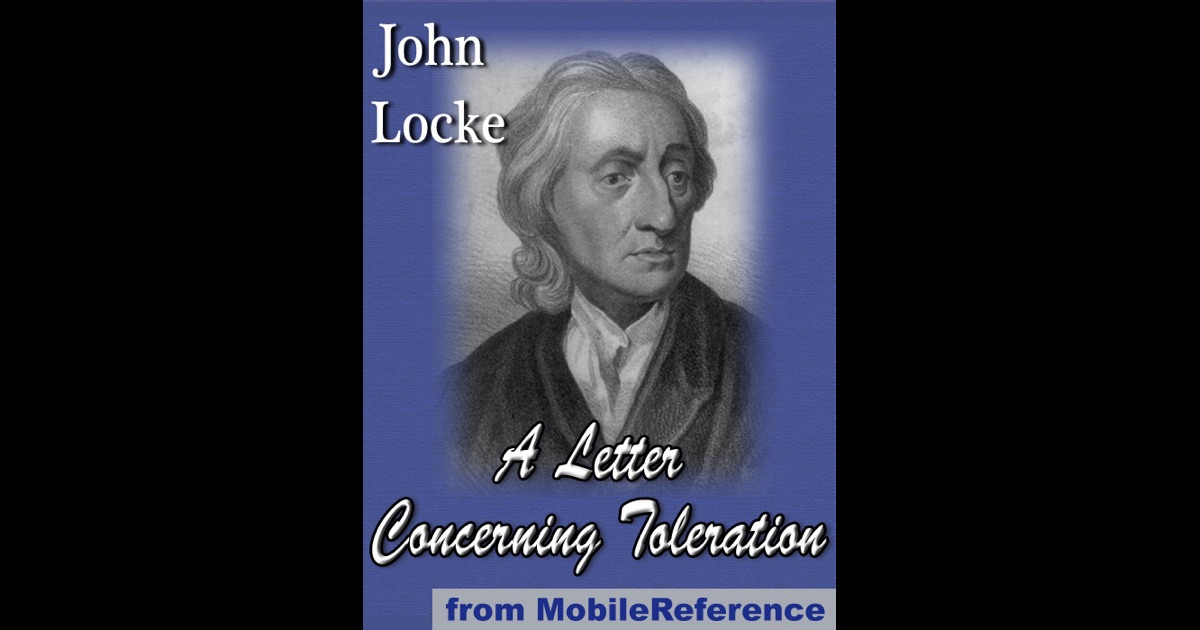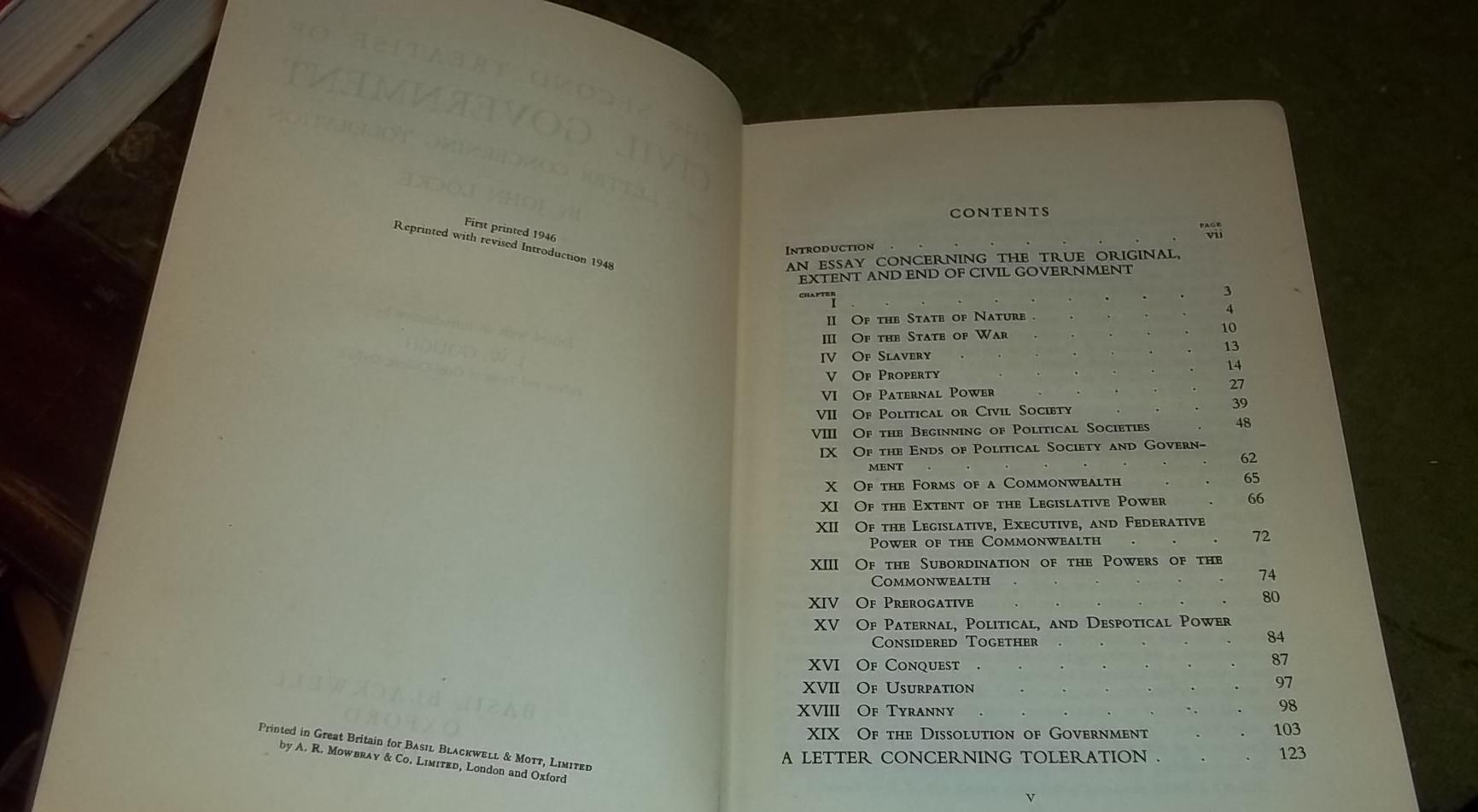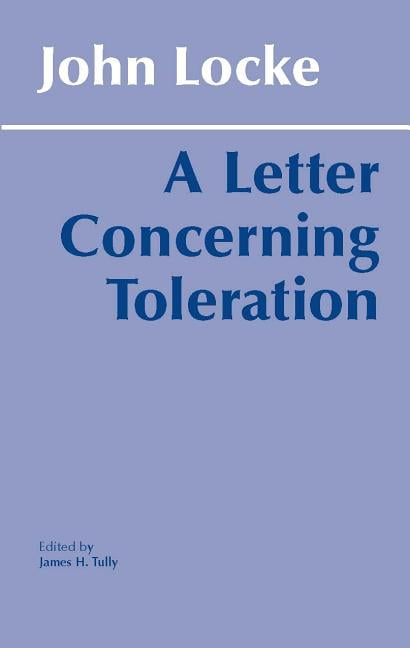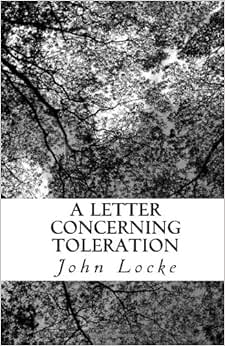A Letter Concerning Toleration. Locke wrote his Letter Concerning Toleration to his Dutch friend Philip von Limborch while he was living as an exile in the Dutch Republic, which had been founded as a secular state that would tolerate religious differences. The toleration of those that differ from others in matters of religion is so.

As editor Mark Goldie writes in the introduction, A Letter Concerning Toleration "was one of the seventeenth century's most eloquent pleas to Christians to renounce religious persecution." A Letter Concerning Toleration.
John Locke FRS was an English philosopher and physician, widely regarded as one of the most influential of Enlightenment.
As the theory of empiricism goes, what we see and experiment reflects on what we do and how we view the world. Reproduced by courtesy of the Thomas Fisher Rare Book Library, University of [Epistola de tolerantia. A Letter Concerning Toleration. errors by armed soldiers, we know very well that it was much more easy for Him to do it with armies of heavenly legions than for any son of the Church, how potent soever, with all his dragoons.








